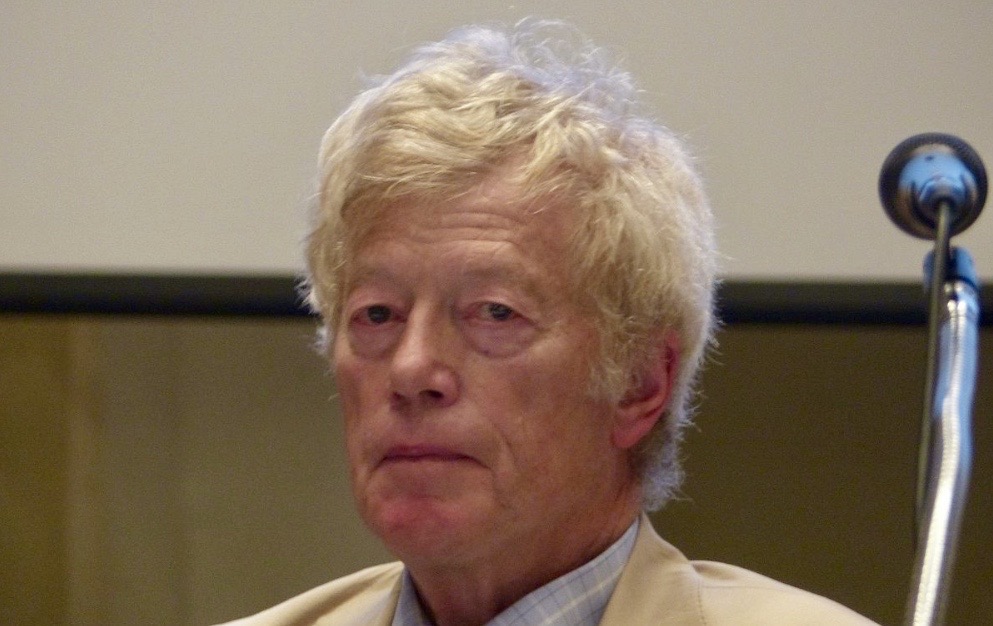How a Conservative Should Oppose Socialism and Liberalism
In response to liberalism, it is necessary to work for the restoration of the concrete circumstances of justice. But the concrete law that I have been advocating is very unlike anything that either a socialist or a liberal would approve. It preserves inequalities, it confers privileges, it justifies power. That, however, is also its strength. [...]














